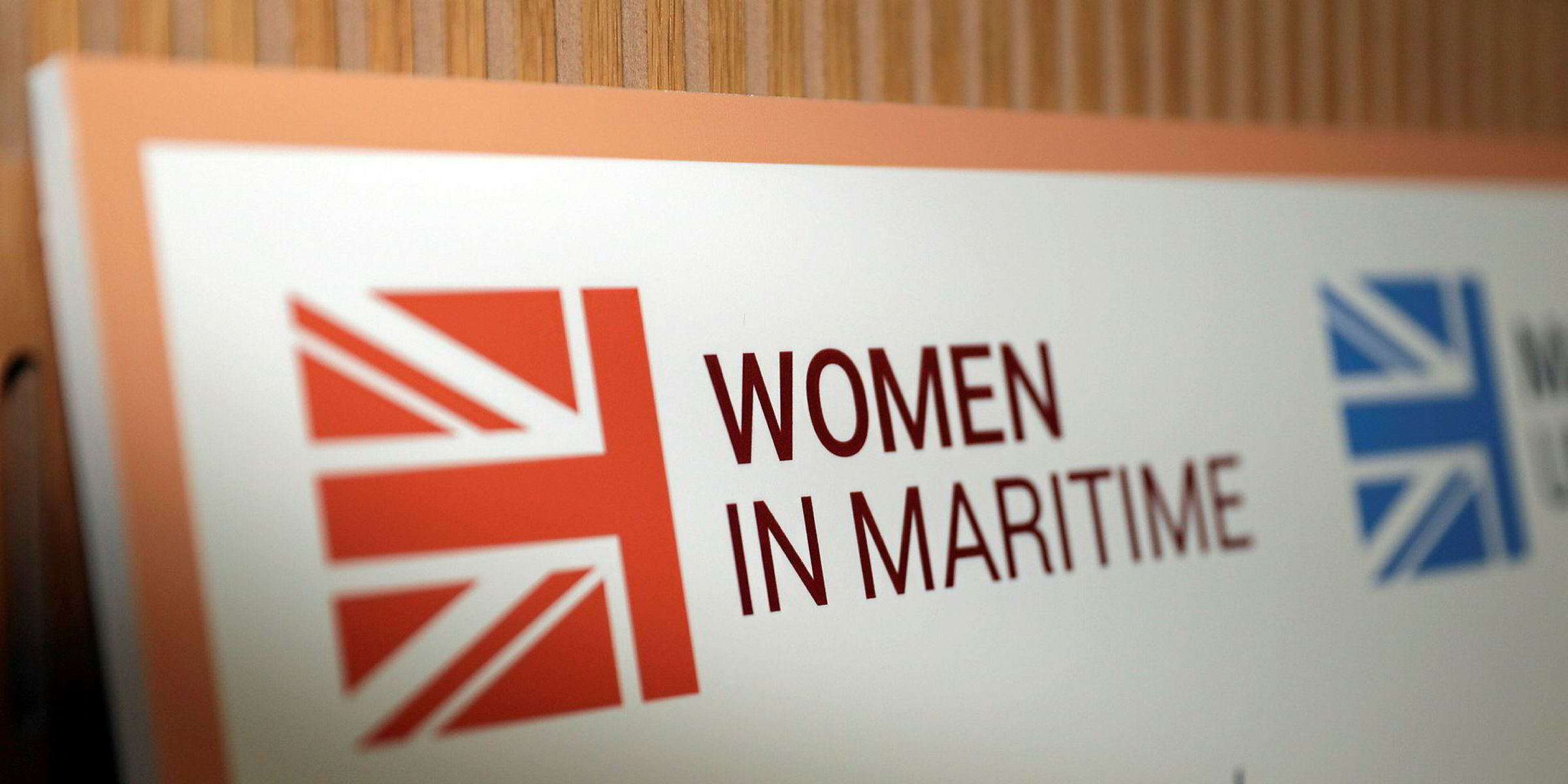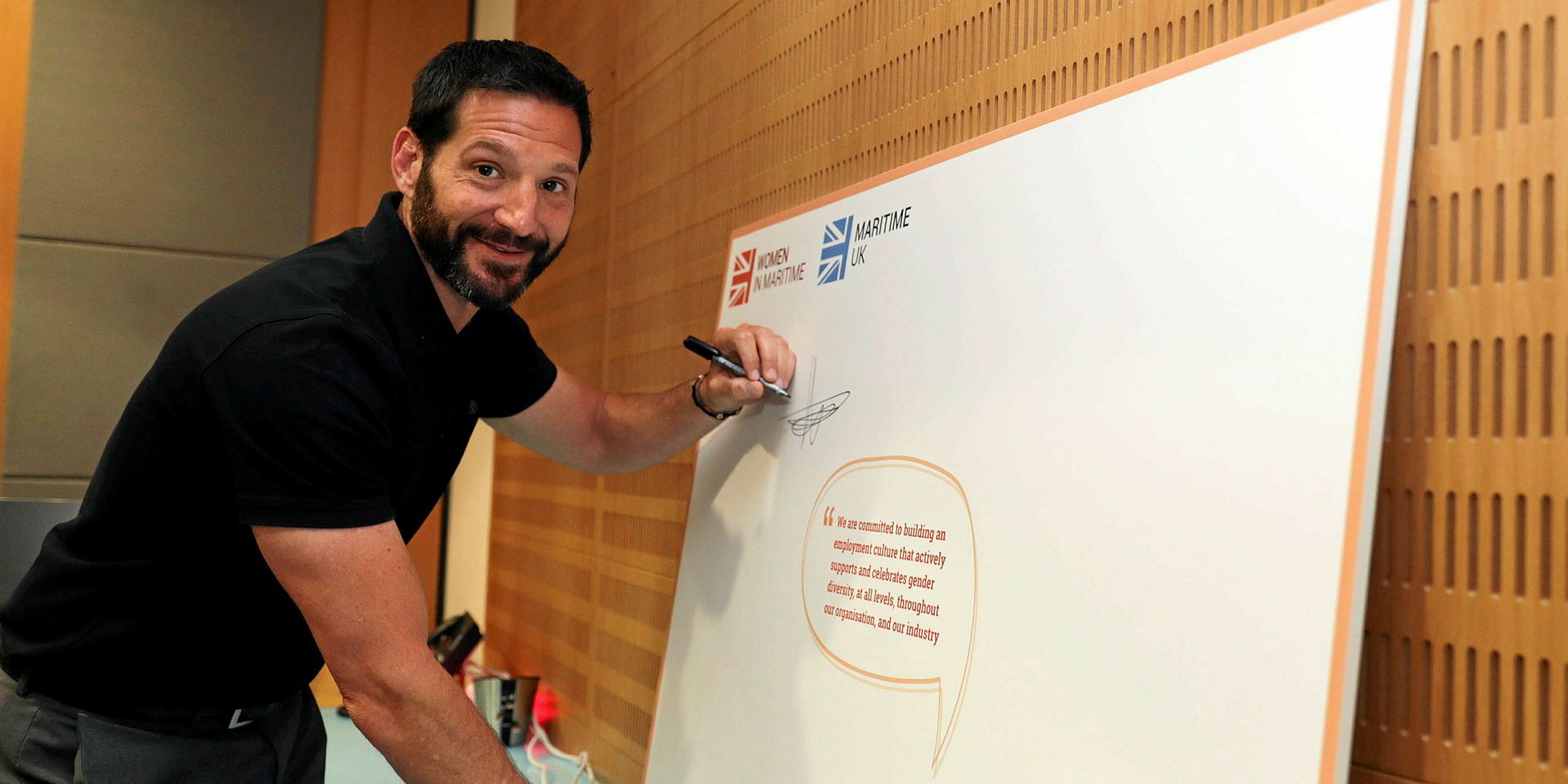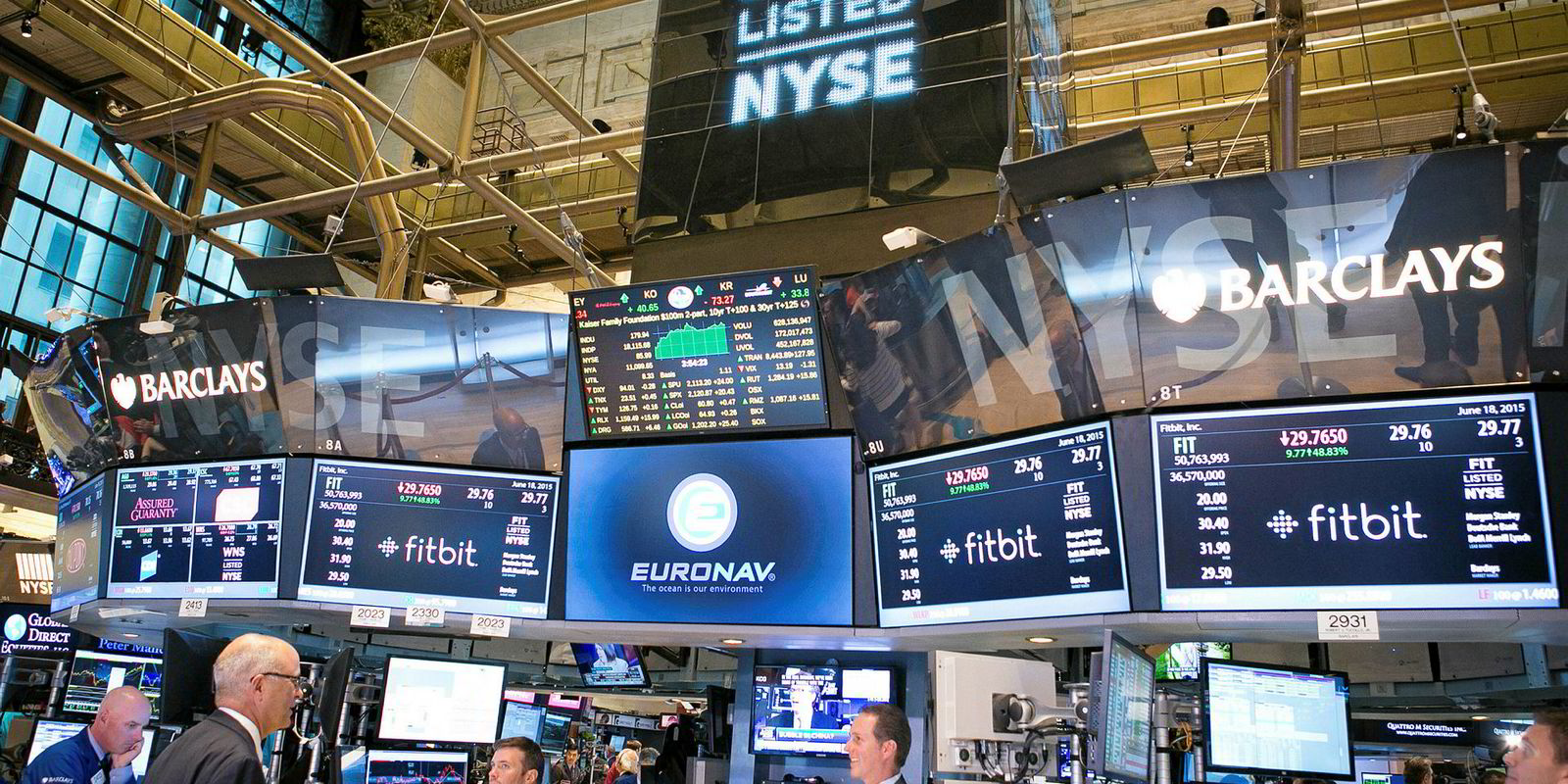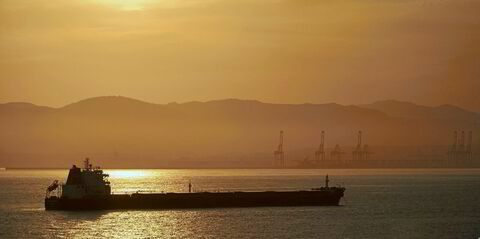Josh Weinstein was the first to put pen to paper on a new pledge designed to promote fairness, equality and inclusion for women in the maritime sector.
In doing so, the Carnival UK president led the way for nearly 40 industry bodies and companies who signed a Women in Maritime pledge at the company's UK headquarters in Southampton on Friday last week.
Weinstein says the pledge is not a reaction to the recent #ShippingToo campaign, but part of ongoing efforts to improve diversity and inclusion in what stubbornly remains a male-oriented industry.
“This started for us before Harvey Weinstein’s name was associated with anything other than being a film producer,” he says, referring to the disgraced Hollywood titan.
The pledge is just the start. A Women in Maritime Charter will be launched in the autumn that will set targets for each signatory to improve gender balance across the maritime industries.
Ambitious targets
And this is no mere PR exercise. There will be “ambitious” targets relating to gender diversity, says Carnival UK chairman David Dingle, who is also chairman of lobby group Maritime UK.

He says that companies such as Carnival could aim to increase the number of women in seafaring jobs fivefold, particularly for deck and technical officer roles where women are least represented.
He notes that women represent just 3% of seafaring positions. “I could see us going for a first target of perhaps 15% or 20%,” Dingle says.
But he adds that achieving these goals will not happen overnight. “This is going to take time because this has got to start right at the grass roots.”
As such, it will require more women to study key subjects at school and a “major cultural change” in portraying jobs at sea as something that women will want to do, he says.
Those goals have the backing of maritime union Nautilus International, but there remains "a long way to go,” says Nautilus head of strategy Debbie Cavaldoro.
“The first steps have been taken in admitting there is a problem, now we all need to work together to solve it,” she says.

The fact that there are no sanctions for companies that fail to hit their targets may be perceived as a weakness, but Dingle believes that will not make the charter ineffective. Making it a directive is the wrong way to go, he says.
“You push people away from the initiative,” Dingle says. “This is about inclusivity and it’s about influence. We think the exchange of best practices and the very gentle peer pressure, which an organisation like this builds within itself, are going to move us towards those targets.”
Dingle believes that larger companies such as Carnival UK — a FTSE 100 company — would have had to develop its gender diversity scheme with or without a charter.
But he sees the charter as a rallying point for shipping, bringing in smaller industry players, manufacturers and marine suppliers.
“Now it’s getting down to them, they too are in the spotlight,” he says.
The pledge has been signed by major companies including BP Shipping, the Port of London Authority, DP World, Associated British Ports, Peel Ports as well as trade bodies including British Marine, British Ports Association, UK Major Ports Group, Society of Maritime Industries, Maritime London, and the UK Chamber of Shipping.
Other signatories include the Institute of Chartered Shipbrokers, Nautilus International, Seafarers UK, Solent LEP and Mersey Maritime.
Dingle argues that the UK maritime industry has lacked a sufficient understanding of the need for females in the workforce and the “incredible difference that a strong female voice in the workforce can bring”.
“There is a recognition that we need to promote the cause of women far more than has been the case traditionally,” he concludes.





